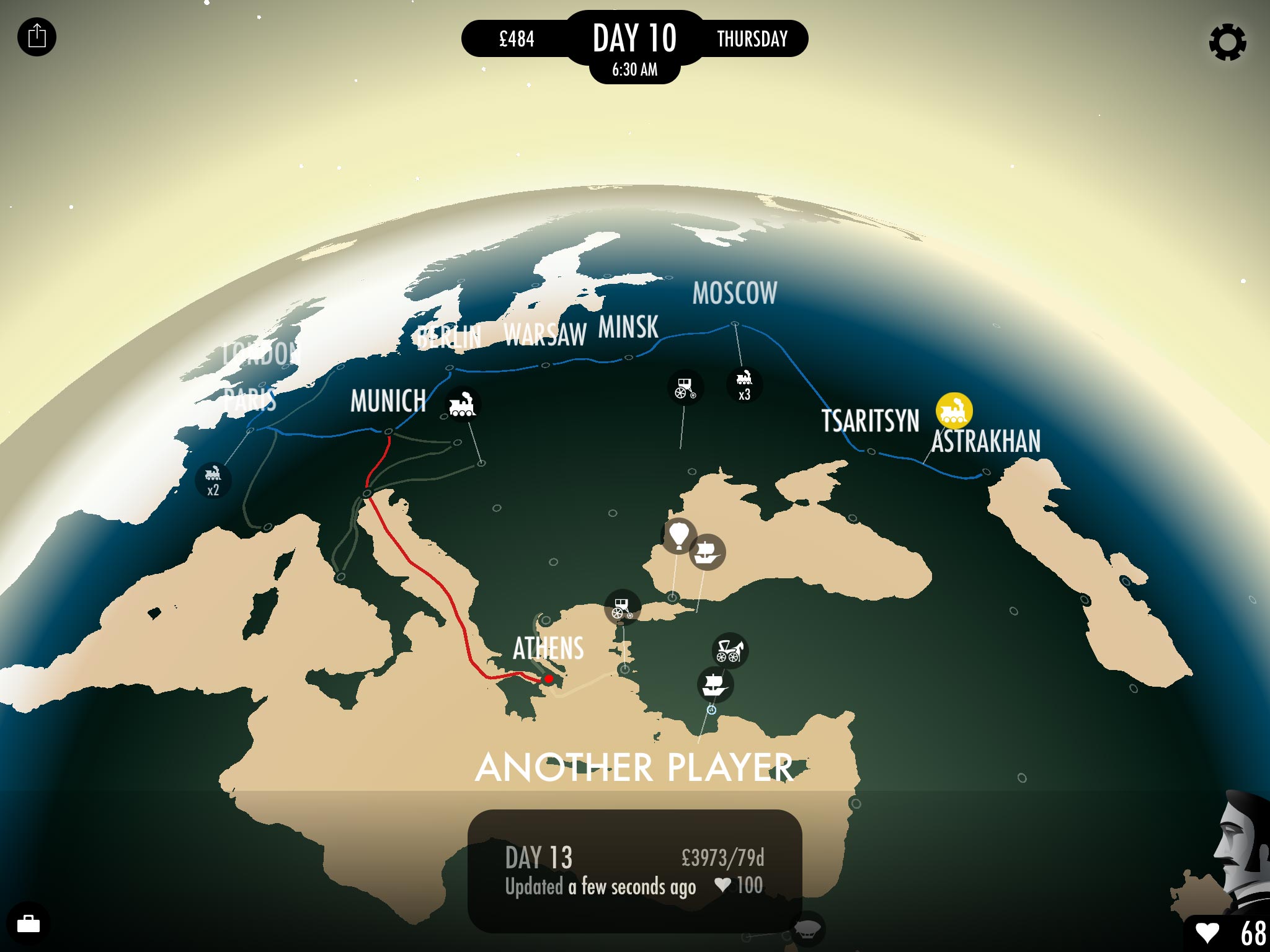In the interactive narrative of “In 80 Days,” players are immersed in a richly woven tapestry of historical and fictional political and social situations that reflect the challenges and complexities of colonialism and its repercussions. The game’s setting encourages exploration not just of geographical landscapes, but of the political, cultural, and social dynamics at play in various locations around the globe.
Colonialism and Anti-Colonial Resistance
One of the central themes in “In 80 Days” is the depiction of colonial powers and the resistance movements that rise against them. Players encounter characters such as a “pirate-queen” who embodies the struggles of local populations against British colonial forces. These interactions are significant, offering perspectives on the legacies of colonization from those who lived it rather than those who imposed it. Such narratives strive to humanize the struggles of the colonized, allowing players to engage with complex stories of bravery, sacrifice, and resilience.
Social and Political Unrest
The game takes players through regions that are rife with political turmoil, showcasing scenes of civil unrest and social upheaval. For instance, players may attend militant rallies in cities like San Francisco or witness the fervor of election disputes. These situations serve to highlight the importance of civic engagement and the tumultuous environments that construe political dissent, thus establishing a broader context for understanding global inequalities and the fight for rights in a rapidly changing world.
Cultural and Religious Diversity
Throughout the adventure, players meet diverse cultural groups and encounter various religious practices, such as the Mormons’ recruitment efforts. The game’s attention to cultural nuances demonstrates a respectful engagement with different traditions and belief systems, promoting an understanding that transcends simplistic portrayals. By incorporating distinct technologies and practices from various cultures in its steampunk setting, the game elevates these societies, allowing players to appreciate their contributions without reducing them to mere caricatures.
Gender and Social Roles
“In 80 Days” subverts the misogyny of its late 19th-century origins by showcasing women in empowered roles—engineers, pilots, and leaders. This progressive portrayal challenges traditional gender norms and enables players to interact with multi-dimensional female characters who actively shape their destinies. Such representations foster a more inclusive narrative that reflects ongoing discussions about gender equality and the evolution of women’s roles in society.
Class and Race Issues
The game does not shy away from confronting uncomfortable realities surrounding classism, racism, and sexism. Players find themselves navigating moral dilemmas that highlight social tensions in the travel world. These poignant moments prompt reflections on the complexities of identity and power dynamics, avoiding oversimplification and encouraging players to engage critically with the issues presented.
In summary, “In 80 Days” transforms the classic travel narrative into a profound exploration of political and social themes, illustrating the vibrancy and complexity of diverse cultures and the historical context of colonialism. By weaving in elements of rebellion, social change, and nuanced cultural intersections, the game constructs a dynamic environment where players can reflect on the intersection of their journey with the broader historical realities of the world. This thoughtful approach enriches the gaming experience, leaving players with a deeper understanding of the historical and contemporary struggles that define our global society.






Leave a Reply